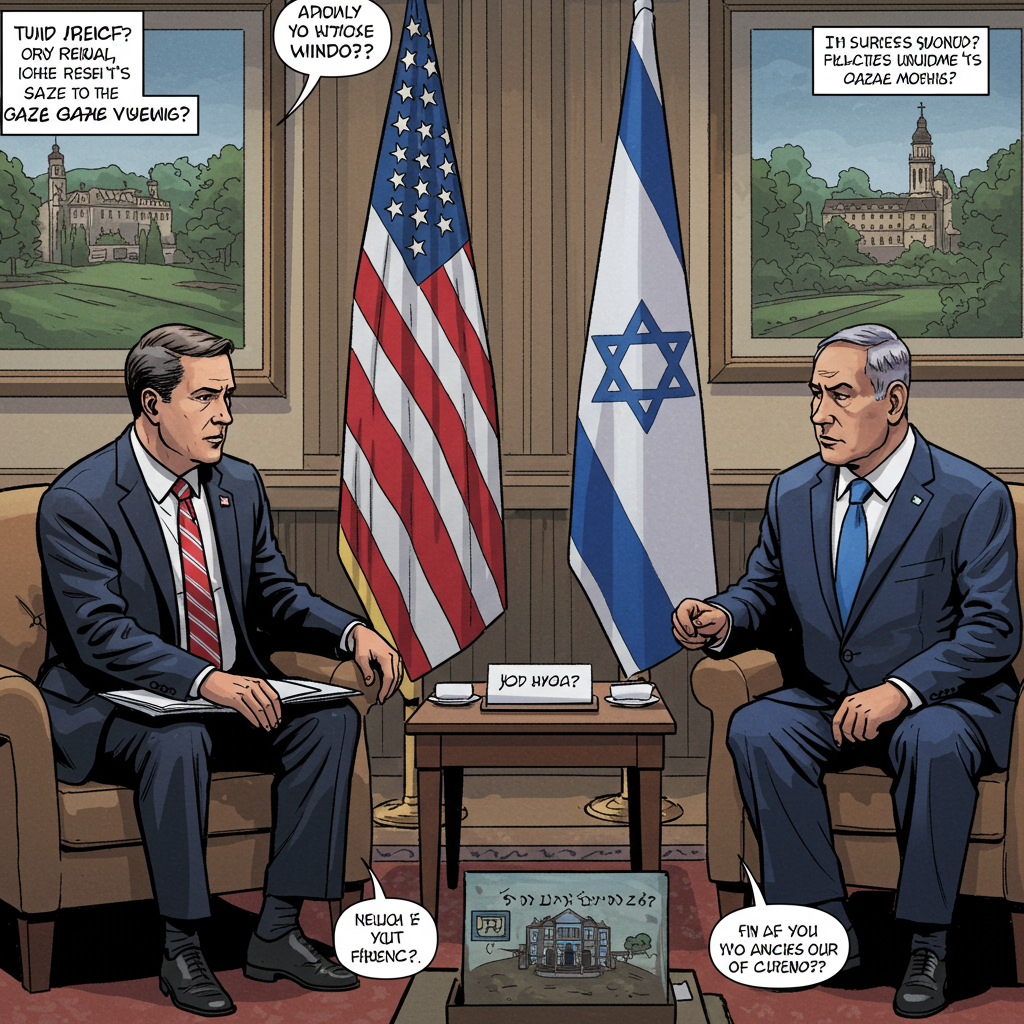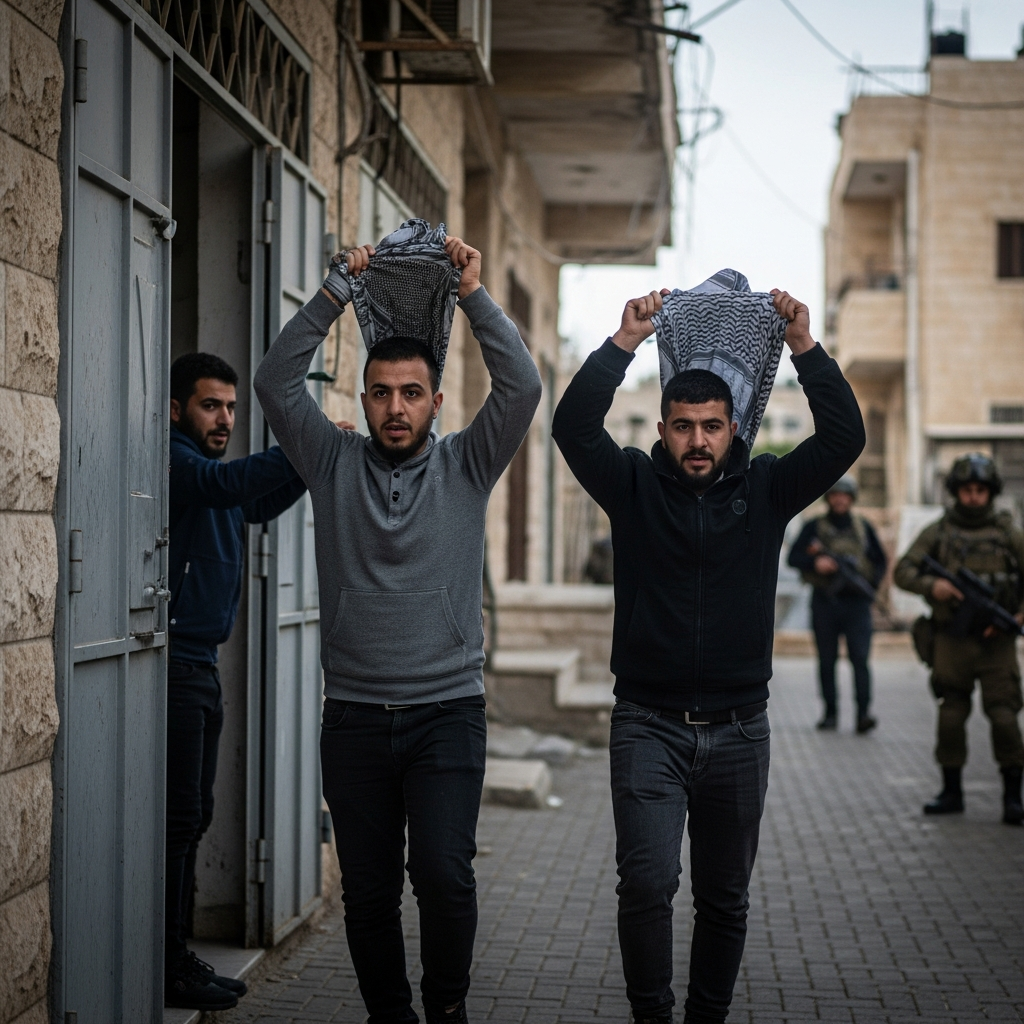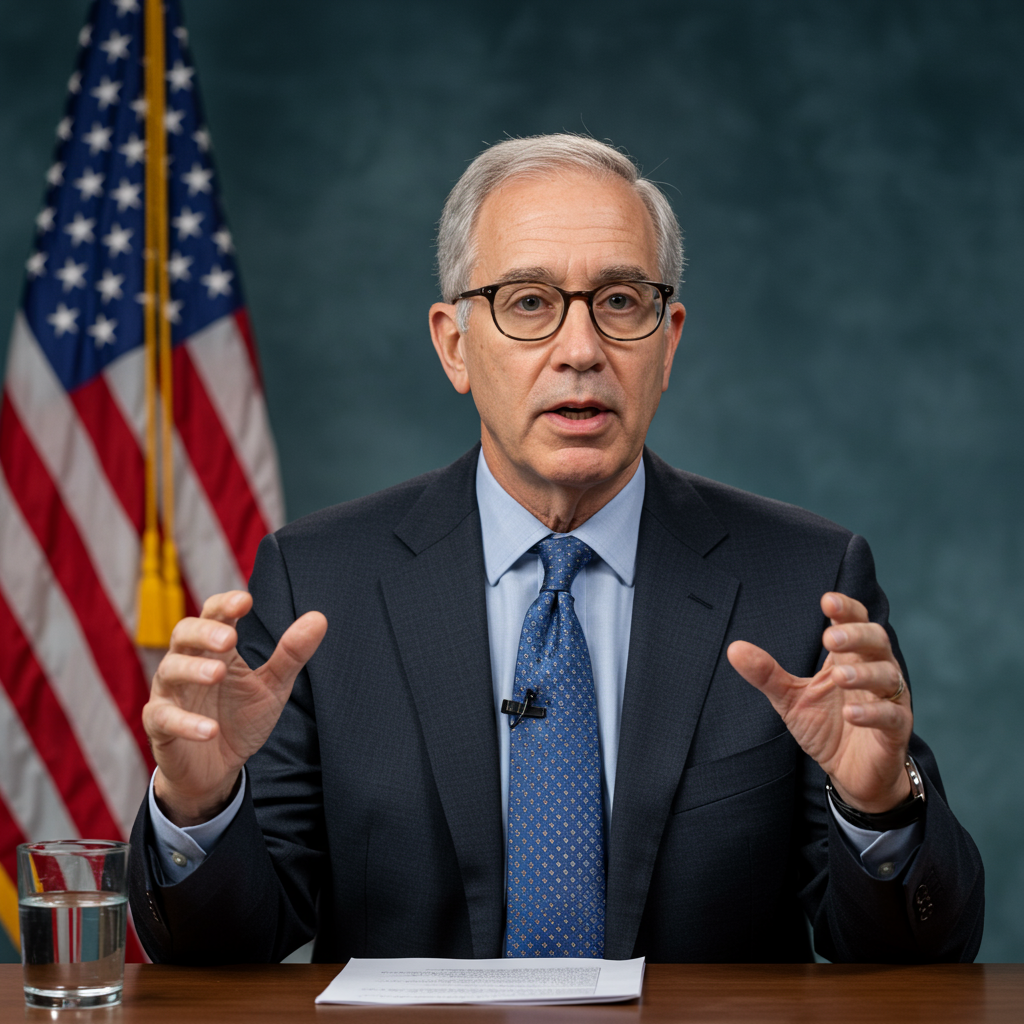In a critical diplomatic move, Trump envoy Steve Witkoff recently held urgent talks with Israeli Prime Minister Benjamin Netanyahu. Their discussions focused intensely on the escalating humanitarian catastrophe in Gaza, the urgent need for a ceasefire, and complex negotiations for hostage release. This high-stakes visit underscores the immense international pressure mounting on Israel as the region grapples with an unprecedented crisis. Witkoff’s presence highlights the Trump administration’s engagement with the dire situation in Gaza, which President Trump himself has acknowledged as “real starvation.”
Diplomatic Frontlines: Witkoff’s Critical Mission
US Special Envoy to the Middle East, Steve Witkoff, embarked on a sensitive mission. His visit aimed to navigate the complex challenges plaguing the region. He sought to address the severe humanitarian conditions in Gaza directly. He also pushed for progress on a potential ceasefire.
High-Stakes Talks in Jerusalem
Witkoff’s itinerary included a “productive” meeting with Israeli Prime Minister Benjamin Netanyahu. The core agenda centered on the worsening conditions within Gaza. Discussions also covered efforts to increase vital aid deliveries. Following this, Witkoff was scheduled to visit Gaza itself. There, he plans to inspect aid distribution sites managed by the US- and Israeli-backed Gaza Humanitarian Foundation (GHF). This on-the-ground assessment is crucial for planning expanded food supplies. The visit comes amidst a backdrop of stalled truce negotiations in Qatar. Both Israeli and US delegations had recently withdrawn from those talks. This suggests a difficult path forward for peace.
The Stalled Ceasefire and Hostage Predicament
A key objective of Witkoff’s diplomatic efforts involves securing a ceasefire. He also aims to facilitate the release of hostages held by Hamas. However, Witkoff previously noted Hamas demonstrated “a lack of desire” for a truce. This complicates any potential breakthroughs. Out of 251 hostages taken on October 7, 2023, only 148 have been returned or rescued. Worryingly, only 20 of the remaining 50 are believed to be alive. The human cost of the conflict remains incredibly high. Securing the freedom of these individuals is a top priority. However, the path to a comprehensive agreement remains fraught with challenges.
Gaza’s Dire Humanitarian Catastrophe
Gaza faces an extreme humanitarian crisis. Aid organizations have consistently warned of impending famine. This situation escalated significantly after a complete aid blockade lasting over two months. Despite Israeli efforts to increase aid, global agencies deem current provisions insufficient.
Aid Efforts Under Scrutiny: A Life-and-Death Struggle
The flow of humanitarian aid into Gaza remains critically inadequate. While the Israeli defense body coordinating aid reported 270 trucks entered Gaza on one recent day, alongside 32 air-dropped pallets, this falls far short. Humanitarian groups estimate 500 to 600 trucks are needed daily. This volume is essential to meet the population’s critical needs. The GHF claims to have delivered “nearly one million meals” since May. However, the UN’s Palestinian human rights office (OHCHR) paints a grimmer picture. They highlight the devastating impact on those desperately seeking assistance. An American paediatrician volunteering in Gaza, Dr. Thomas Adamkiewicz, described the situation at Nasser Hospital as “barbaric.” He called it a “crime scene” with starving children. Aid seekers often describe the process of obtaining food as a “death trap.” Many receive minimal or no food.
Escalating Casualties Among Aid Seekers
The danger to civilians attempting to access aid is severe and escalating. The OHCHR reports that 859 Palestinians have been killed near GHF sites while trying to collect food. These tragic deaths occurred since the foundation’s establishment. Overall, more than 1,373 people have died across Gaza while seeking aid. An additional 514 perished near aid convoy routes. OHCHR explicitly states that “shooting and shelling of Palestinians by the Israeli military has continued” in these areas. The majority of victims appear to be young men and boys. The UN asserts they were not participating in hostilities or posing a threat. The Hamas-run health ministry in Gaza corroborates the severity. It reported 91 people killed while seeking aid on a single day. It also noted two additional deaths from malnutrition.
International Outcry and Conflicting Narratives
The humanitarian situation has ignited widespread international condemnation. The Hamas-run health ministry claims over 60,249 people have been killed by Israeli attacks since October 7, 2023. This figure includes a significant number of women, children, and elderly. The UN widely cites these numbers. However, Israel disputes their accuracy, labeling them as “Hamas propaganda.” The IDF states it “eliminated nearly 20,000 Hamas terrorist operatives.” Yet, it has not provided civilian death figures. Within Israel, media efforts often downplay or deny the hunger crisis. They portray reports of starvation as “Hamas propaganda.” They also question the authenticity of images showing emaciated children. Forty EU lawmakers have demanded an Israel trade halt. They deem the situation a “Moral Stain On Humanity.”
Shifting Sands: Global Diplomacy and Israel’s Isolation
Israel faces increasing diplomatic isolation on the global stage. Many US allies are re-evaluating their stance on the Israeli-Palestinian conflict. This shift presents new challenges for the US and its long-standing foreign policy in the region.
A Path to Palestinian Statehood?
Several key US allies are considering or have committed to recognizing a Palestinian state. France, the UK, Canada, Portugal, Germany, and Australia are among them. Most plan to do so by September, often conditional on improved conditions or a ceasefire. Spain, Ireland, and Norway have already taken this step. Such recognition, particularly from UN Security Council permanent members like France and the UK, would leave the United States increasingly isolated. The US has historically maintained staunch support for Israel. Conversely, the US imposed new sanctions on members of the Palestinian Authority (PA) and the Palestine Liberation Organisation (PLO). It denies them visas. The US views recognition of a Palestinian state as rewarding Hamas. However, a recent UN conference saw participants, including Arab governments, condemn Hamas. They called for its disarmament. This suggests international recognition is not universally interpreted as a reward for Hamas.
German Foreign Minister Johann Wadephul also visited Israel and the West Bank. Germany, a traditional strong ally, has become more vocal. It urges Israel to increase aid and support a ceasefire. While Germany has not recognized a Palestinian state, Wadephul reaffirmed commitment to a two-state solution. He called it the “only path to lasting peace.” He clarified that for Germany, recognition would come “at the end of the process.” Yet, he stressed “such a process must begin now.”
Internal Divisions and Fading Support
Support for Israel faces growing opposition even within the US. This includes some factions within President Trump’s MAGA base. Influential figures like Marjorie Taylor Greene, Matt Gaetz, and Steve Bannon have voiced concerns. They question US funding and civilian casualties. This highlights a “generational split.” Younger conservatives show less support for strong US military and diplomatic backing for Israel. This internal dissent further complicates the political landscape for the Trump administration. It adds another layer of pressure to the already complex Middle East crisis.
The Road Ahead: Complex Challenges and Urgent Needs
The situation in Gaza demands urgent attention. Diplomatic efforts, like those led by Trump envoy Steve Witkoff, are crucial. They aim to alleviate suffering and de-escalate conflict. The path to peace and stability remains highly complex. It involves navigating deep-seated political divisions and addressing an immediate humanitarian catastrophe. The international community continues to grapple with finding a viable solution. This ongoing crisis underscores the need for sustained diplomatic engagement and effective humanitarian action.
Frequently Asked Questions
What was Steve Witkoff’s primary agenda during his meeting with Benjamin Netanyahu?
Trump envoy Steve Witkoff’s central agenda during his meeting with Israeli Prime Minister Benjamin Netanyahu was multifaceted. His discussions primarily focused on the severe humanitarian crisis unfolding in Gaza, emphasizing the urgent need for increased aid deliveries and improved distribution mechanisms. Furthermore, Witkoff aimed to advance efforts towards securing a ceasefire between Israeli forces and Hamas, along with negotiating the release of hostages held by Hamas. His visit also included plans to inspect aid sites in Gaza, underscoring a practical commitment to addressing the immediate needs on the ground.
How severe is the humanitarian crisis in Gaza, and what challenges does aid delivery face?
The humanitarian crisis in Gaza is extremely severe, with international aid agencies warning of an “unfolding famine.” Despite Israeli efforts, aid organizations state that current aid levels, such as 270 truckloads and 32 air-dropped pallets on a recent day, are woefully insufficient compared to the estimated 500-600 trucks needed daily. A critical challenge is the danger faced by civilians seeking aid; over 1,373 people have been killed while attempting to collect food, with 859 deaths specifically near GHF sites. The UN reports that shooting and shelling by the Israeli military have continued in these areas, making aid collection a “death trap” for many.
What diplomatic shifts are occurring regarding the recognition of a Palestinian state?
Significant diplomatic shifts are occurring globally concerning the recognition of a Palestinian state, putting Israel and the United States under increasing isolation. Spain, Ireland, and Norway have already formally recognized a Palestinian state. Several other key US allies, including France, the UK, Canada, Portugal, Germany, and Australia, are actively considering or have committed to recognition, largely by September and often conditional on improved conditions or a ceasefire. This growing international momentum, especially if permanent UN Security Council members like France and the UK proceed, signals a notable departure from traditional stances and a move towards greater international support for Palestinian statehood.
The urgent meeting between Trump envoy Steve Witkoff and Benjamin Netanyahu underscores the gravity of the ongoing crisis in Gaza. As humanitarian conditions deteriorate and diplomatic pressures mount, the international community’s focus remains fixed on securing a ceasefire, releasing hostages, and delivering vital aid. The evolving geopolitical landscape, marked by a growing number of nations contemplating Palestinian state recognition, signals a significant shift in global consensus. The coming weeks will be crucial for determining the immediate future of Gaza and the broader prospects for stability in the Middle East.




